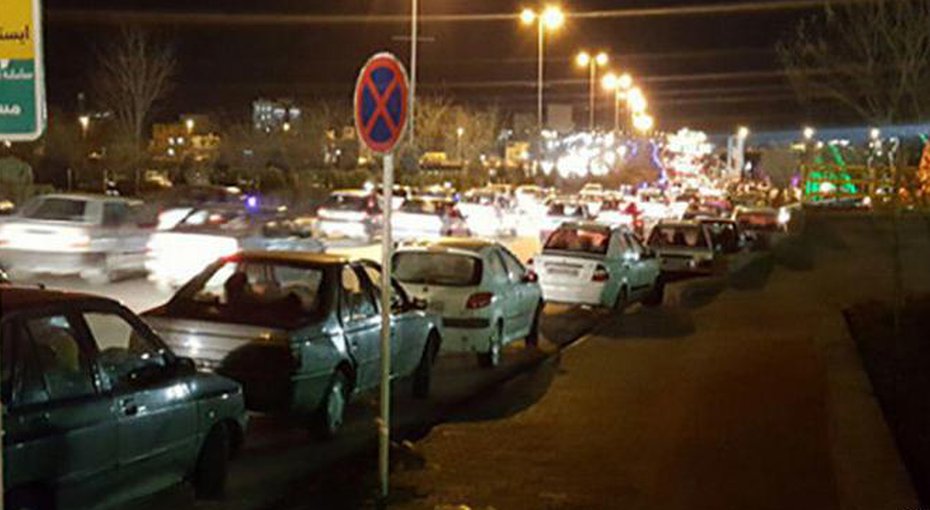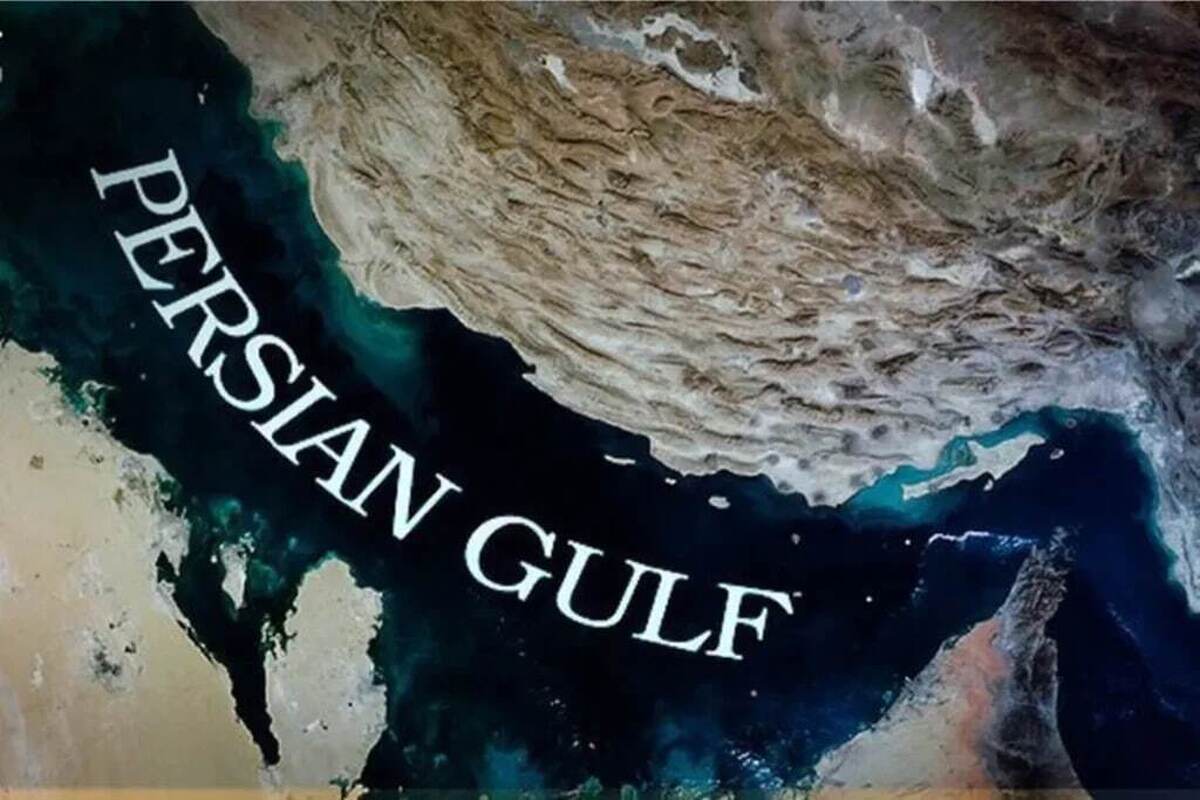
Iran Pulls a “North Korea” by Cutting off Internet in Response to Protests
The following article was written by a citizen journalist based in Iran who uses a pseudonym to protect his identity.
On Saturday, November 16, in response to growing popular unrest and protests over the tripling of gas prices, the Iranian government pulled a “North Korea,” cutting internet access to deny protesters the ability to communicate with each other and as an attempt to prevent news from getting out of Iran.
According to international internet monitoring centers, as protests spread in cities across Iran, internet services were first disrupted in several provinces and towns and later, around 6:00pm Tehran time, Iran was practically cut off from the internet.
NetBlocks, a network-monitoring civil society group, reported: “Iran’s largest mobile network operators including MCI, Rightel and IranCell … fell offline as of 6:00pm (14:30 Coordinated Universal Time, or UTC) Saturday amid worsening internet shutdowns as the protests intensified.” Later the group reported: “Iran is in the midst of a near-total national internet shutdown as of 18:45 UTC, Saturday. Real-time network data show connectivity has fallen to just 7% of ordinary levels following 12 hours of progressive network disconnections as public protests have continued across the country.”
According to the Iranian Labor News Agency [ILNA], it was not the operators who were responsible for the blackout and that security agencies had cut off the internet and cellphone services “for security reasons.” The agency reported that there was no information as to when internet connection would resume.
At the time of publishing, more than 14 hours had passed since internet services had been cut. Crucially, the blocked services has affected the Border Gateway Protocol (BGP), a system that guides digital “packets” to their destinations and manages traffic. This means that disruptions the Iranian government has orchestrated can affect internet users in other countries as well.
The diagram below tracks internet activity in Iran over the last 48 hours. The blue curve indicates the access users have to the internet; the green curve shows the situation for the BGP protocol.
There has been no sign of Mohammad-Javad Azari Jahromi, the Minister of Information and Communications Technology, since the block has been in place — despite the fact that he regularly greets people directly on social media.
During his presidential campaign, President Rouhani had promised that he would never press the “filter” button, but now Jahromi has taken a much more drastic and destructive action than simply blocking a website or a service on the internet.
Rouhani’s communications minister has also been preparing the infrastructure for the so-called National Information Network that would effectively cut the majority of Iranians off from the World Wide Web used by so much of the rest of the world.
In addition to the economic crisis that has now engulfed Iran, it is indisputable that since Rouhani took over the presidency, citizens' rights to freedom of expression and free access to information as defined by Article 19 of the Universal Declaration of Human Rights continue to be violated, and these violations are on the increase.
Unfortunately, what Iranian citizens are experiencing now is similar to the conditions under which citizens of North Korea live. In August 2019, IranWire published a report outlining steps being taken to turn the internet in Iran into something resembling the internet in North Korea [Persian link]. And, recently, officials announced an end to blocks on virtual private networks (VPNs), a move that appeared to be a sign of greater freedoms, but which most experts regarded as a bid to command more control over people’s online activity since the government had plans to endorse particular retailers and squeeze non-endorsed sellers out of the market.
Now Iranians wait and see whether, in the coming days, the internet in Iran will return to normal operation or not. They will also have to wait and see what explanations government officials have to offer about the widespread denial of internet service over the last couple of days. The situation shows no sign of changing.
Mohsen Sepehri, IranWire citizen journalist



